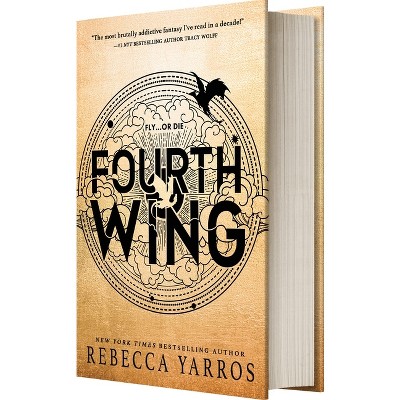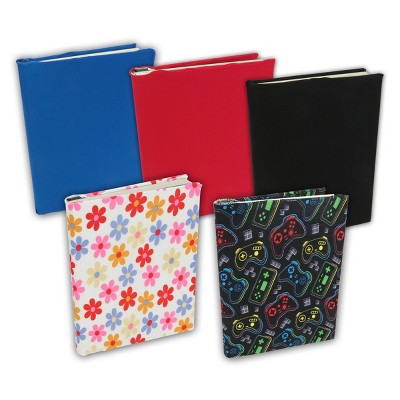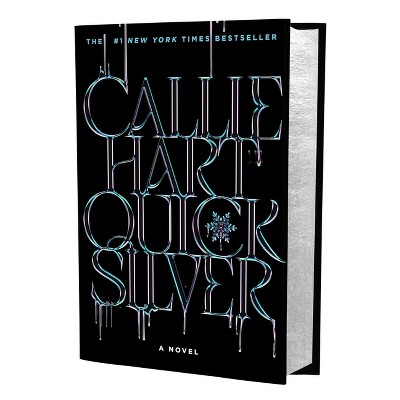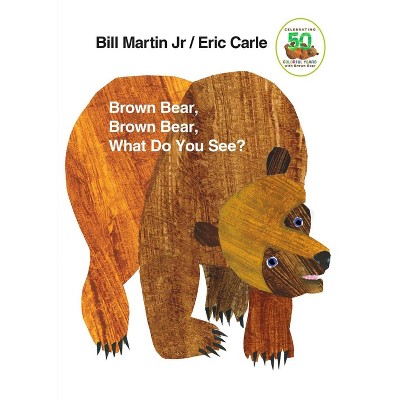The Worlding of Arabic Literature - by Anna Ziajka Stanton (Paperback)

$32.00 when purchased online
Target Online store #3991
About this item
Highlights
- WINNER, ALDO AND JEANNE SCAGLIONE PRIZE FOR MIDDLE EASTERN STUDIES Critics have long viewed translating Arabic literature into English as an ethically fraught process of mediating between two wholly incommensurable languages, cultures, and literary traditions.
- About the Author: Anna Ziajka Stanton is Caroline D. Eckhardt Early Career Professor of Comparative Literature and Assistant Professor of Comparative Literature at the Pennsylvania State University.
- 240 Pages
- Literary Criticism, Middle Eastern
Description
About the Book
This book examines the translation of Arabic literature into English, in conversation with contemporary literary scholarship and classical Arabic aesthetic and linguistic paradigms. Case studies reveal practices of translating that activate embodied forms of language and affective modes of reception to position Arabic literature ethically in the world literary system.Book Synopsis
WINNER, ALDO AND JEANNE SCAGLIONE PRIZE FOR MIDDLE EASTERN STUDIES
Critics have long viewed translating Arabic literature into English as an ethically fraught process of mediating between two wholly incommensurable languages, cultures, and literary traditions. Today, Arabic literature is no longer "embargoed" from Anglophone cultural spaces, as Edward Said once famously claimed that it was. As Arabic literary works are translated into English in ever-greater numbers, what alternative model of translation ethics can account for this literature's newfound readability in the hegemonic language of the world literary system? The Worlding of Arabic Literature argues that an ethical translation of a work of Arabic literature is one that transmits the literariness of the source text by engaging new populations of readers via a range of embodied and sensory effects. The book proposes that when translation is conceived of not as an exchange of semantic content but as a process of converting the affective forms of one language into those of another, previously unrecognized modalities of worldliness open up to the source text. In dialogue with a rich corpus of Arabic aesthetic and linguistic theory as well as contemporary scholarship in affect theory, translation theory, postcolonial theory, and world literature studies, this book offers a timely and provocative investigation of how an important literary tradition enters the world literary system. The Worlding of Arabic Literature: Language, Affect, and the Ethics of Translatability is available from the publisher on an open-access basis.From the Back Cover
"Combining rich meditations on translation theory and practice with a nuanced attention to the sounds and sensations produced by Arabic texts and their English translations, The Worlding of Arabic Literature is a ground-breaking work. The close comparative readings of Arabic texts and their English translations are a revelation."--David Fieni, SUNY Oneonta
Critics have long viewed translating Arabic literature into English as an ethically fraught process of mediating between two wholly incommensurable languages, cultures, and literary traditions. Today, Arabic literature is no longer "embargoed" from Anglophone cultural spaces, as Edward Said once famously claimed that it was. As Arabic literary works are translated into English in ever-greater numbers, what alternative model of translation ethics can account for this literature's newfound readability in the hegemonic language of the world literary system? The Worlding of Arabic Literature argues that an ethical translation of a work of Arabic literature is one that transmits the literariness of the source text by engaging new populations of readers via a range of embodied and sensory effects. The book proposes that when translation is conceived of not as an exchange of semantic content but as a process of converting the affective forms of one language into those of another, previously unrecognized modalities of worldliness open up to the source text. In dialogue with a rich corpus of Arabic aesthetic and linguistic theory as well as contemporary scholarship in affect theory, translation theory, postcolonial theory, and world literature studies, this book offers a timely and provocative investigation of how an important literary tradition enters the world literary system. Anna Ziajka Stanton is Caroline D. Eckhardt Early Career Professor of Comparative Literature and Assistant Professor of Comparative Literature at The Pennsylvania State University. Her translation of Hilal Chouman's novel Limbo Beirut was longlisted for the 2017 PEN Translation Prize and shortlisted for the 2017 Saif Ghobash Banipal Prize for Arabic Literary Translation.Review Quotes
. . . [T]his is a book that opens up immensely important new directions, not just in Arabic literary studies, but in literary studies in all languages.-- "International Journal of Middle East Studies"
Stanton provides a theory-rich examination of the evolution of Arabic literature, looking at the ethics of translation, accessibility of signature somatic effects, and political contexts contributing to a changing global readership. Highly recommended.-- "Choice Reviews"
Combining rich meditations on translation theory and practice with a nuanced attention to the sounds and sensations produced by Arabic texts and their English translations, The Worlding of Arabic Literature is a ground-breaking work. The close comparative readings of Arabic texts and their English translations are a revelation.---David Fieni, SUNY Oneonta
About the Author
Anna Ziajka Stanton is Caroline D. Eckhardt Early Career Professor of Comparative Literature and Assistant Professor of Comparative Literature at the Pennsylvania State University. She has published articles in the Journal of Arabic Literature, Philological Encounters, the Journal of World Literature, the Cambridge Journal of Postcolonial Literary Inquiry, and Middle Eastern Literatures. Stanton is the translator of Hilal Chouman's Limbo Beirut, which was longlisted for the 2017 PEN Translation Prize and shortlisted for the 2017 Saif Ghobash Banipal Prize for Arabic Literary Translation. She has been an editor at the Journal of Arabic Literature since 2014.Dimensions (Overall): 9.0 Inches (H) x 6.0 Inches (W) x .55 Inches (D)
Weight: .79 Pounds
Suggested Age: 22 Years and Up
Number of Pages: 240
Genre: Literary Criticism
Sub-Genre: Middle Eastern
Publisher: Fordham University Press
Format: Paperback
Author: Anna Ziajka Stanton
Language: English
Street Date: April 25, 2023
TCIN: 1005684381
UPC: 9781531503222
Item Number (DPCI): 247-46-9741
Origin: Made in the USA or Imported
Shipping details
Estimated ship dimensions: 0.55 inches length x 6 inches width x 9 inches height
Estimated ship weight: 0.79 pounds
We regret that this item cannot be shipped to PO Boxes.
This item cannot be shipped to the following locations: American Samoa (see also separate entry under AS), Guam (see also separate entry under GU), Northern Mariana Islands, Puerto Rico (see also separate entry under PR), United States Minor Outlying Islands, Virgin Islands, U.S., APO/FPO
Return details
This item can be returned to any Target store or Target.com.
This item must be returned within 90 days of the date it was purchased in store, shipped, delivered by a Shipt shopper, or made ready for pickup.
See the return policy for complete information.
Discover more options

$11.98 - $20.99
was $17.99 - $32.99 New lower price
5 out of 5 stars with 13 ratings


$13.98 - $15.00
Lower price on select items
4.7 out of 5 stars with 504 ratings




